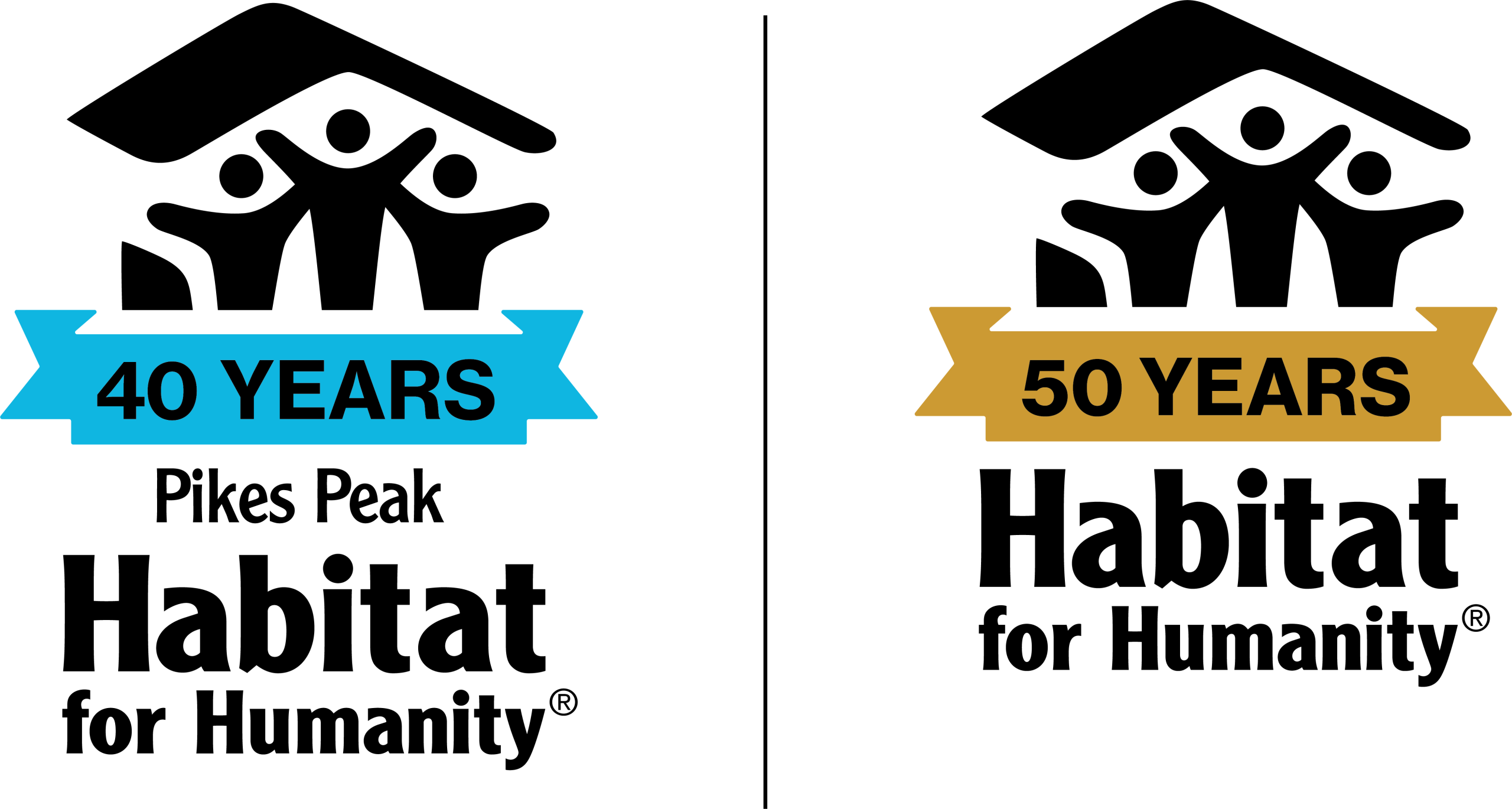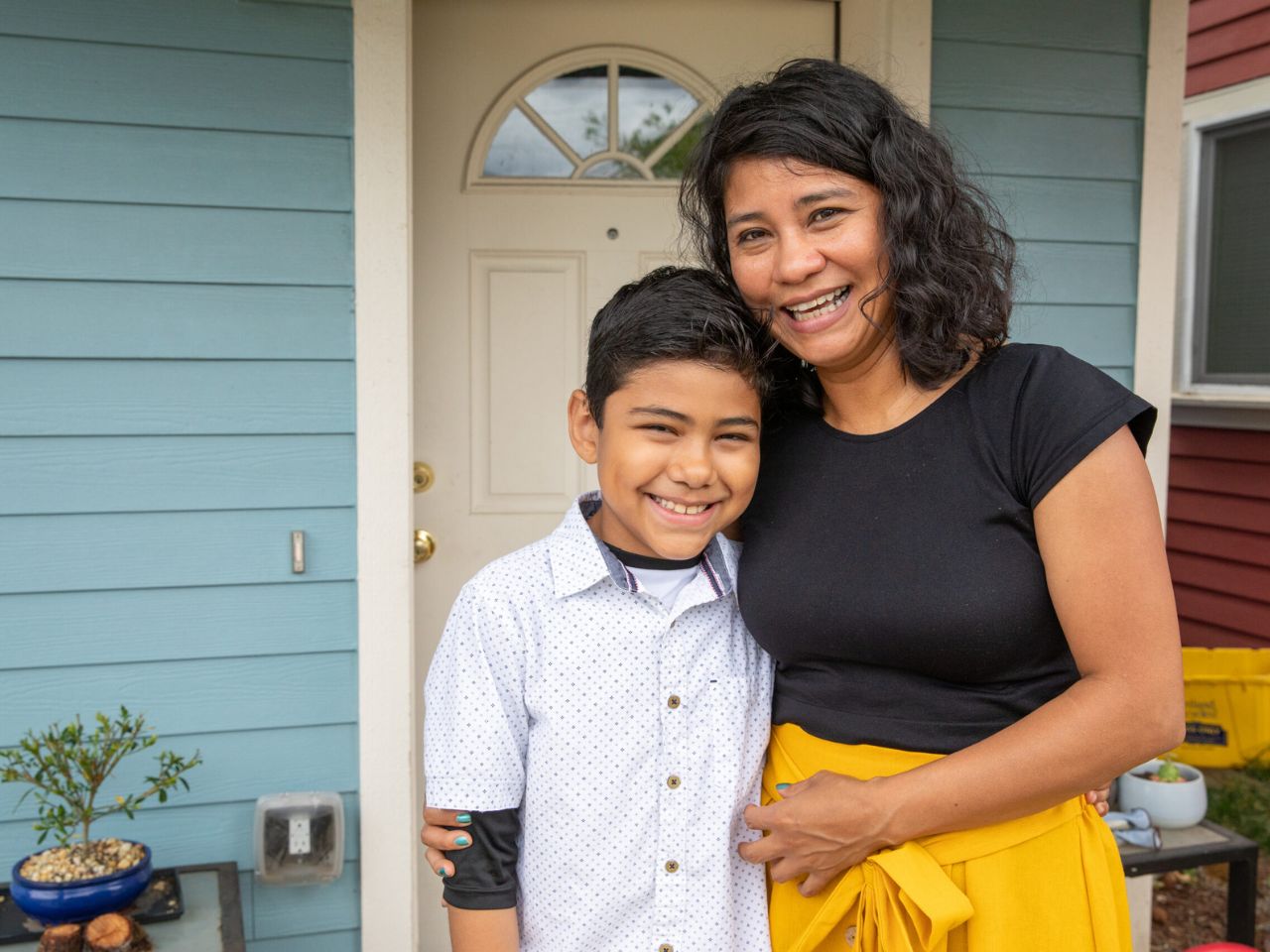
Global Impact
A Tradition of Tithing
A Decent Home for Everyone
At Pikes Peak Habitat, we are passionate about ensuring that everyone, everywhere has a safe and decent place to live. Not only do we build and repair homes for workforce families in El Paso County, but we also contribute to international development projects around the world through our tradition of tithing and our Global Village service trips.
Our international outreach extends our impact worldwide through strategic tithing to support housing initiatives in developing nations. This approach enables our supporters to directly contribute to addressing housing insecurity across borders, reflecting our core belief that safe, affordable housing is a universal right.
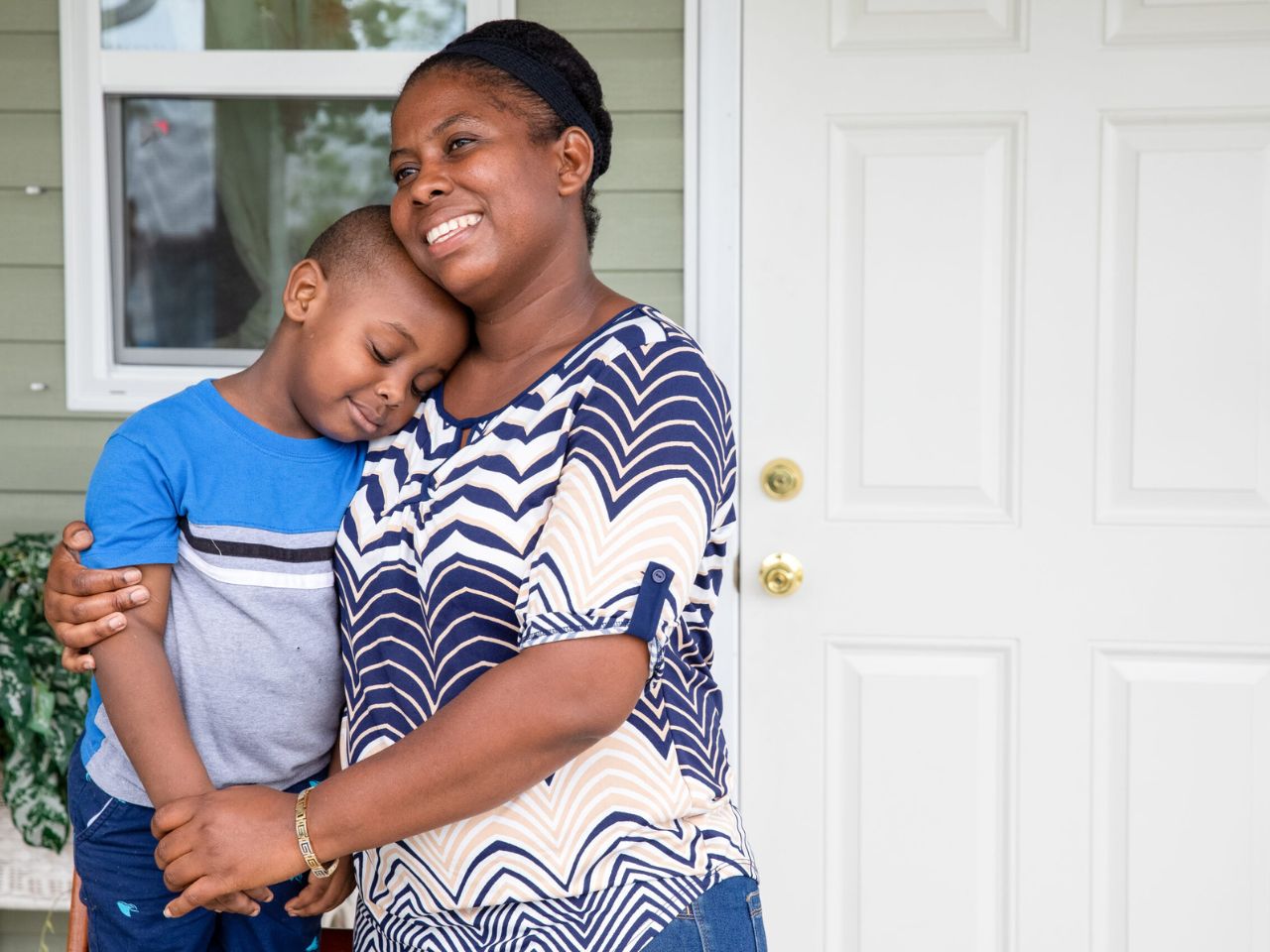
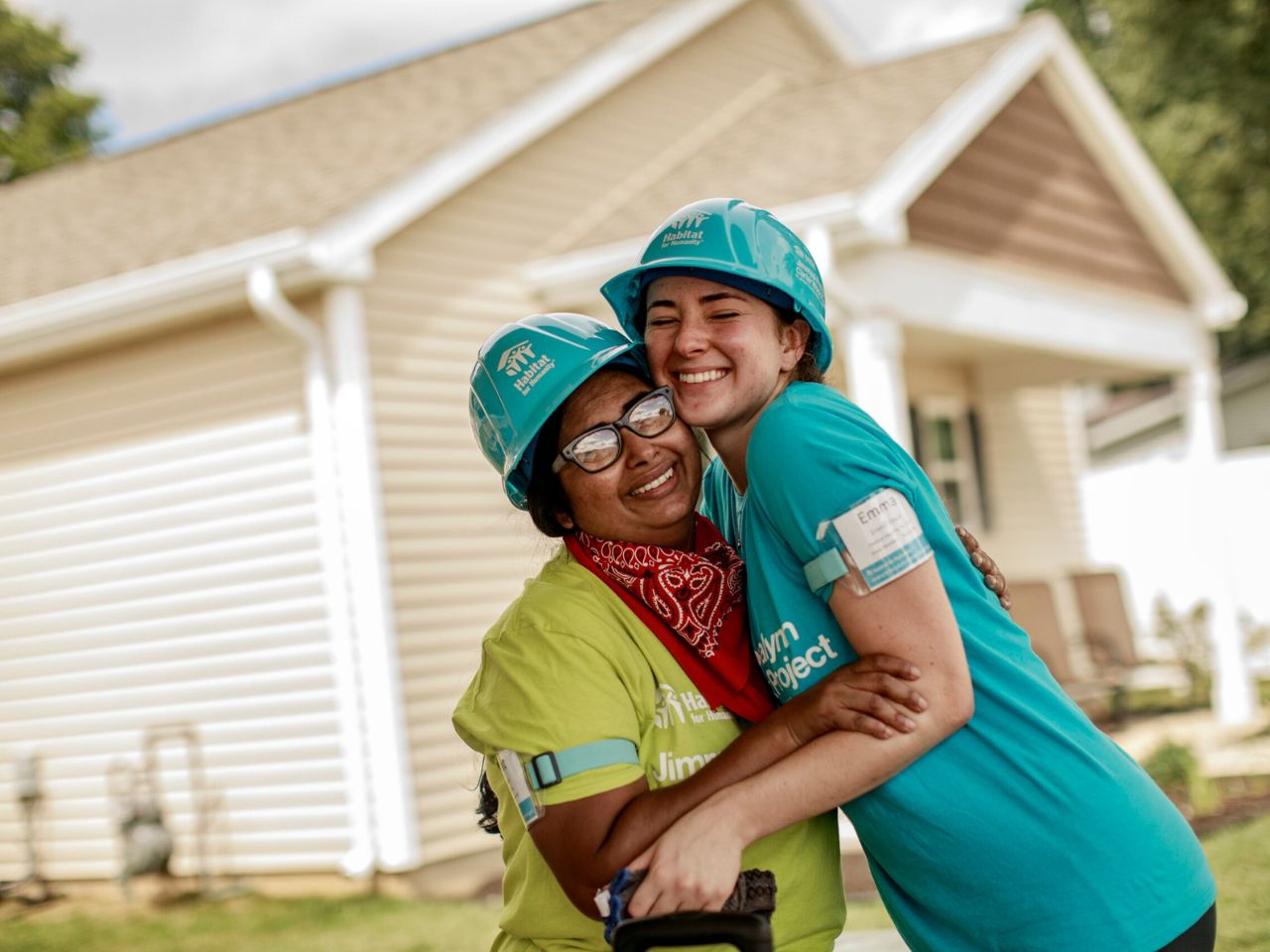
Creating a Lasting Global Impact
Pikes Peak Habitat proudly tithes 10% of all undesignated funds to support Habitat affiliates in developing countries, extending our mission globally. This commitment earned us the prestigious Sam Mompongo Award in 2021, recognizing a lifetime contribution of $1 million—providing housing solutions for over 250 families worldwide.
Pikes Peak Habitat remains dedicated to supporting our international partners until everyone has a decent place to call home. Following the launch of a new initiative in 2024, supporters are invited to join week-long service trips with our partner countries, experiencing this transformative work firsthand.
International Tithing Partners
Expanding the Mission Beyond Borders
Our international tithing partnerships with the Dominican Republic, Malawi, Jordan, and other countries in need extend our mission beyond borders, channeling 10% of undesignated funds to create housing solutions in regions of critical need.
Our strategic partnerships with these countries embody Pikes Peak Habitat’s commitment to ensuring that everyone, everywhere has access to safe housing, while strengthening communities through sustainable development.
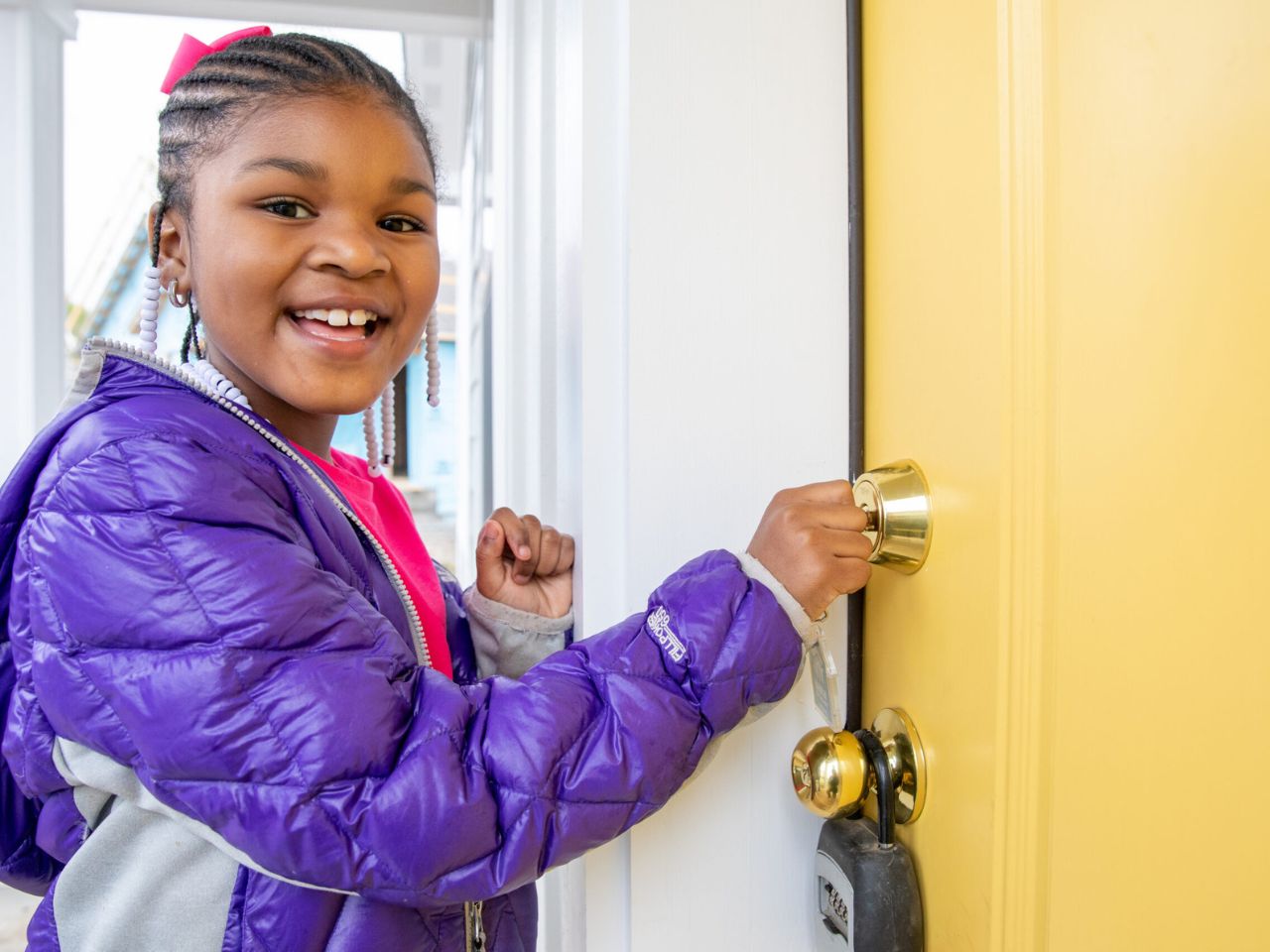
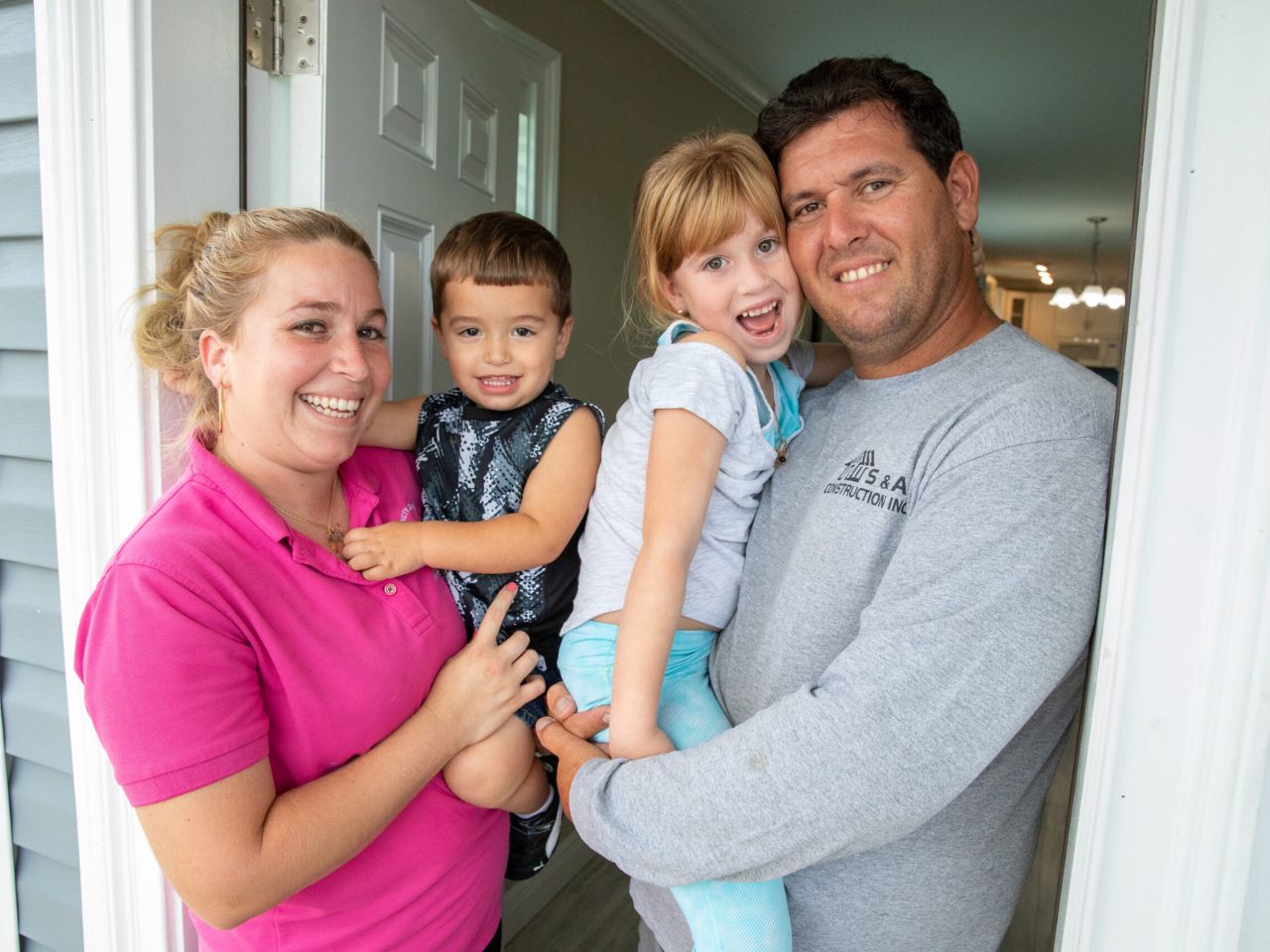
The Dominican Republic
Established in 1986, Habitat for Humanity Dominican Republic works tirelessly to transform housing into durable community assets in a nation facing a critical 2.2 million-unit housing deficit, where 23.4% of its 10.5 million residents live below the poverty line. Their innovative approach encompasses providing technical assistance to self-builders, offering microloans specifically for women undertaking home repairs, and training in financial education, water sanitation, and construction techniques.
Taking environmental innovation to new heights, Habitat Dominican Republic pioneers hurricane-resistant homes constructed from 60-70% recycled plastic panels—creating sustainable homes that withstand tropical storms while addressing urgent housing needs through forward-thinking solutions.
Malawai
Malawi faces a severe housing crisis, with 58.9% of its 4.8 million housing units classified as substandard—typically constructed with mud walls and roofs made of grass—creating an urgent need for approximately 21,000 new homes annually over the next decade.
Habitat for Humanity Malawi addresses this challenge with an approach that serves vulnerable populations by building and improving homes, developing essential water and sanitation facilities, and offering informal vocational training.
Beyond construction, Habitat for Humanity Malawi advocates for fundamental systemic changes through their work promoting land tenure security and sustainable housing policies—creating pathways to decent housing that strengthen communities.
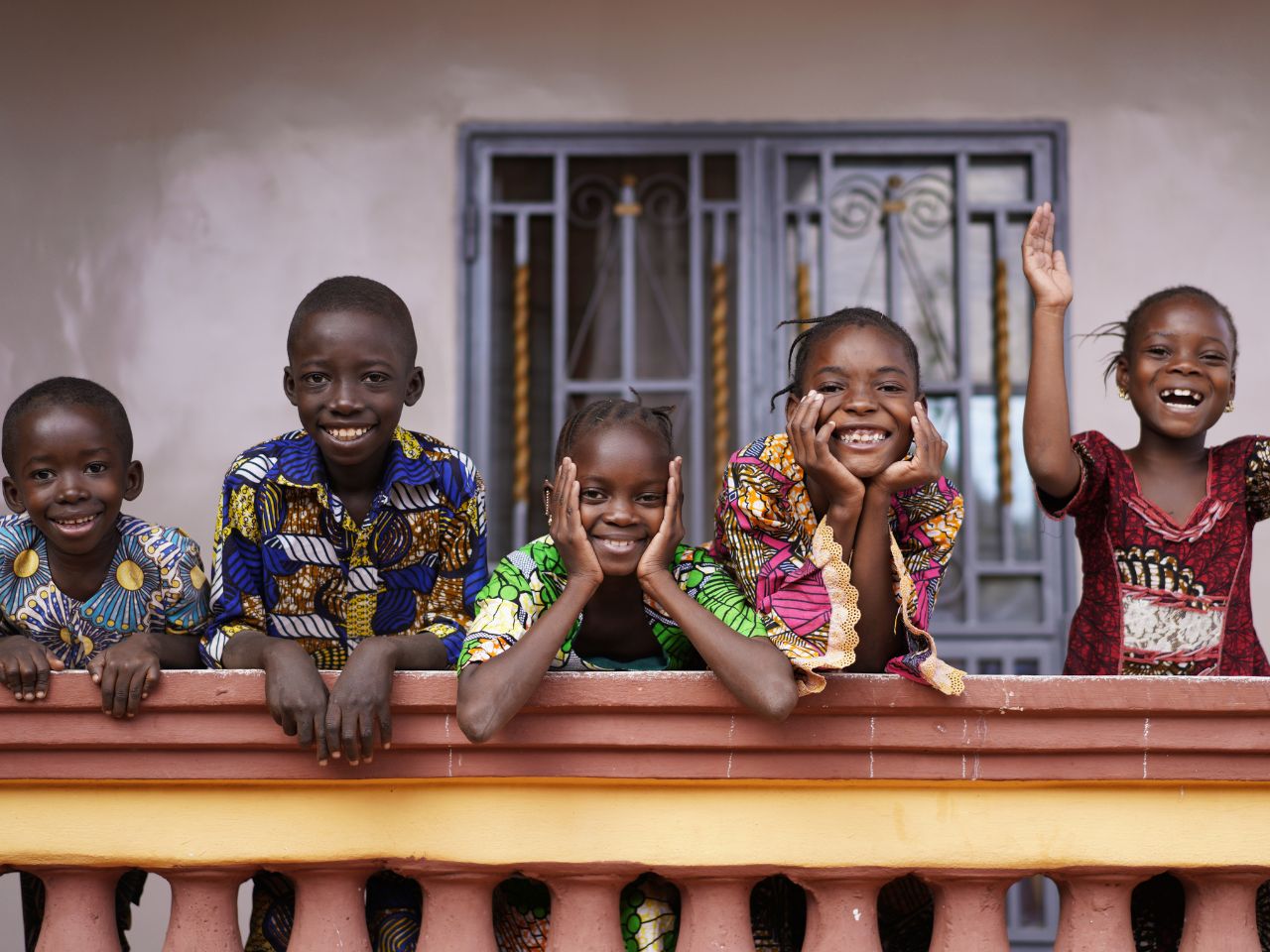
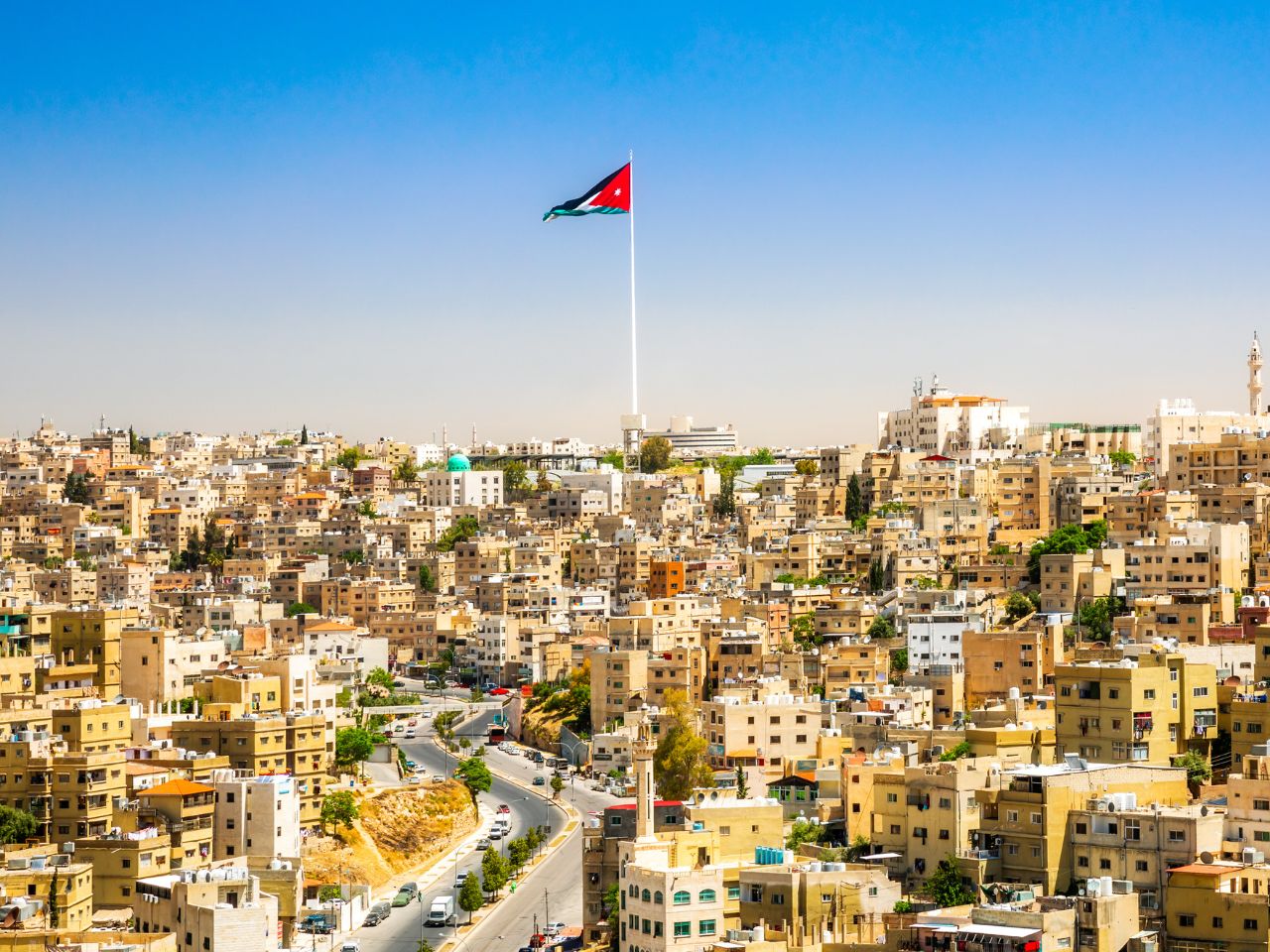
Jordan
Jordan stands as a critical sanctuary in a region marked by political and economic instability, hosting approximately 1.3 million Syrian refugees whose presence has intensified demand for affordable housing, particularly in areas like East Amman. This humanitarian challenge is exacerbated by Jordan’s position as the world’s third most water-scarce country.
Since 2002, Habitat Jordan has addressed these complex issues through innovative approaches—promoting sustainable building techniques that reduce environmental impact while creating local employment opportunities, upgrading vital community facilities – schools, medical centers, and public spaces – and providing strategic microloans through community organizations that empower low-income families to build or repair their homes.
Tithing Partner Testimonial
“We are very fortunate to have you as partners and benefit from the anointed shadow of your leadership and unceasing support. May God bless you, may your team, the families you were able to reach out [to] and any organization that has been under your fruitful umbrella remain bless[ed]. Thank you to the tireless efforts of your entire staff and your supporters, who continuously work hard to give families hope…” – Jean-Jacques, National Director of Habitat for Humanity Côte d’Ivoire
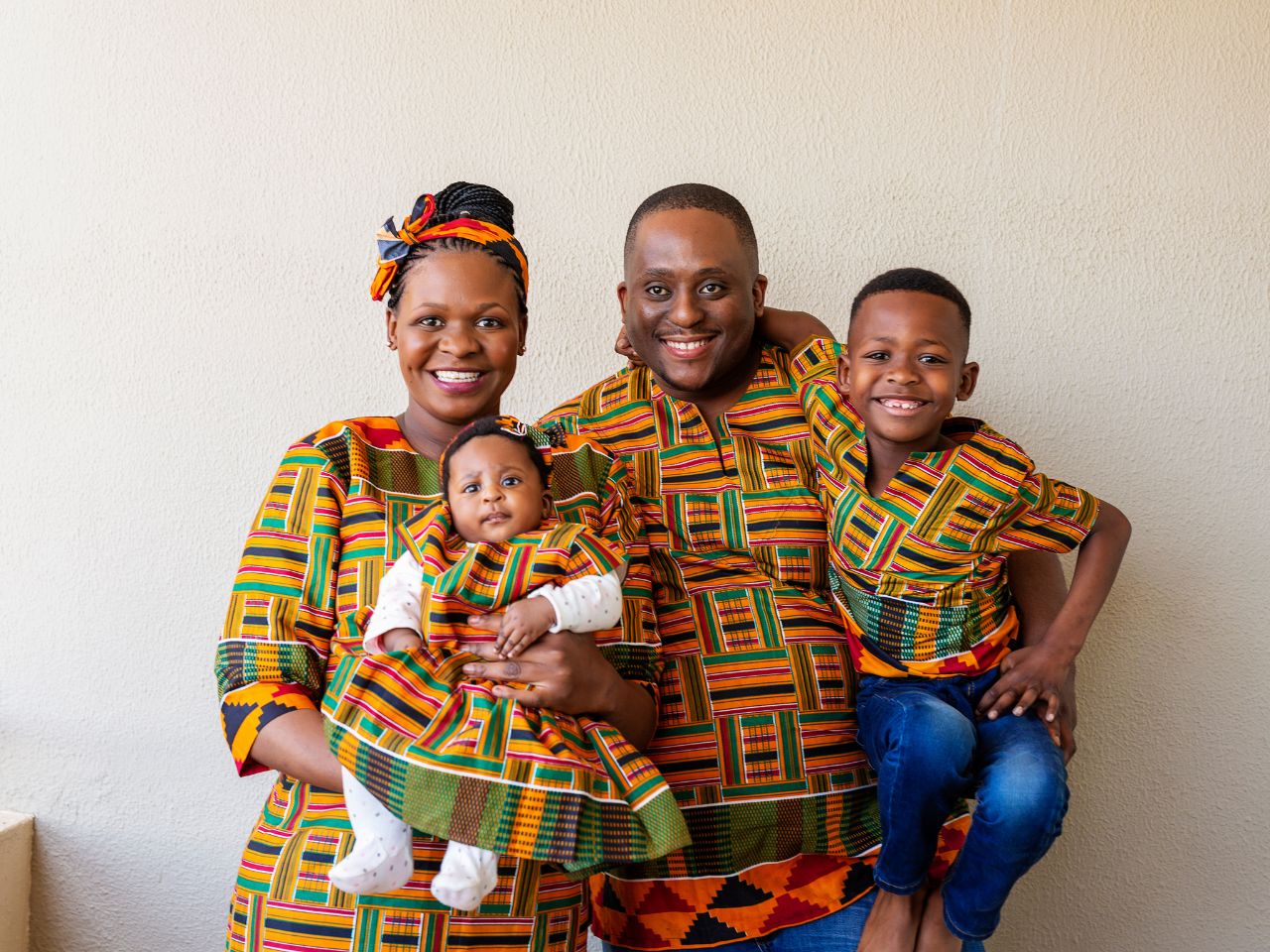
Tithing Partner Organizations
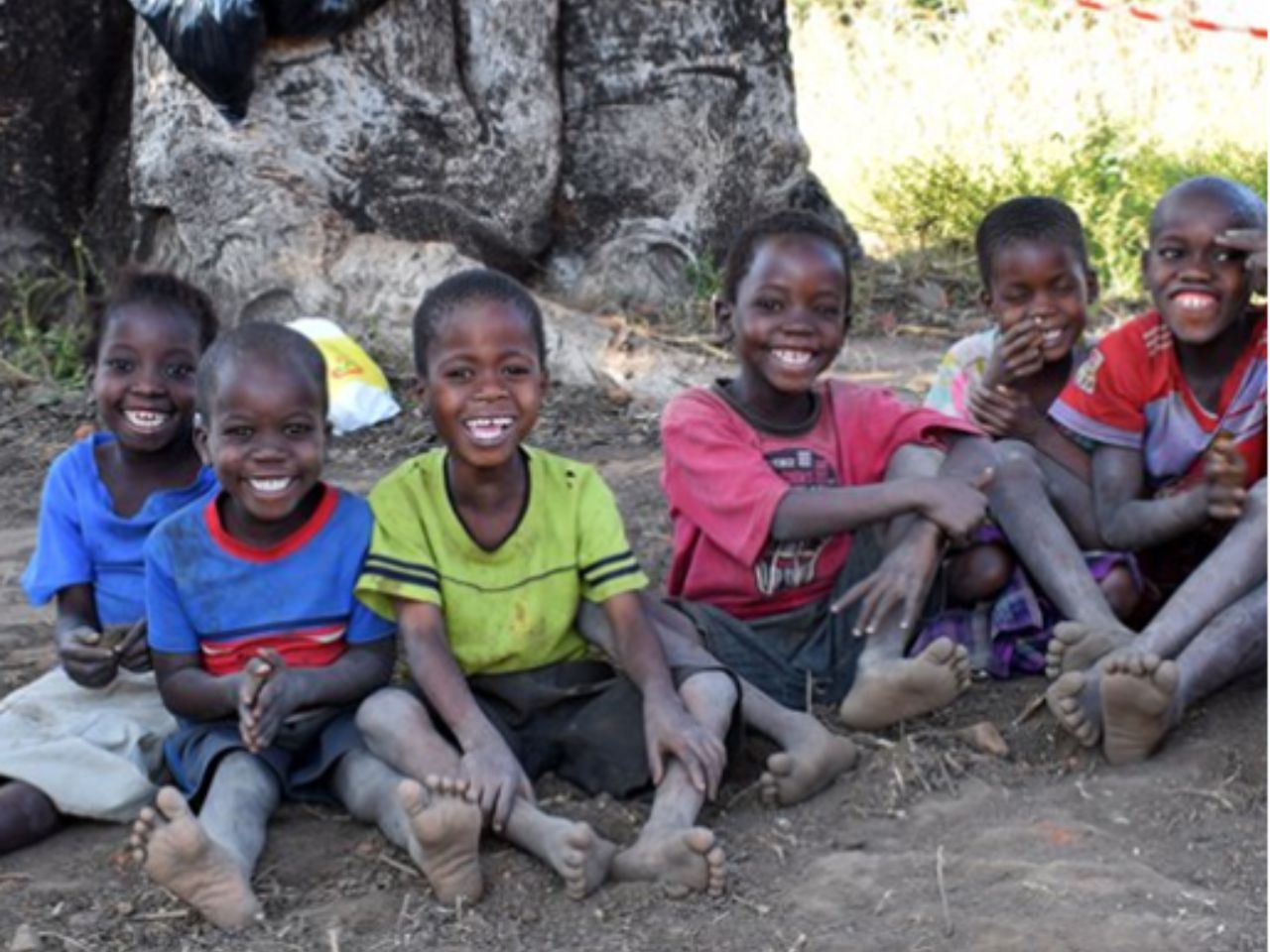
Orphans and Vulnerable Groups Fund
The Orphans and Vulnerable Groups Fund provides targeted housing solutions for those with the least capacity to escape chronic poverty—including children who have lost parents, individuals with diseases or disabilities, and socially excluded populations facing systemic marginalization. This specialized funding enables Habitat organizations worldwide to provide customized shelter interventions specifically designed for the most vulnerable members of their communities.
Recent initiatives have delivered critical support to elderly populations in Haiti and to Nepal’s Dalit community—an isolated minority group—demonstrating a commitment to ensuring that housing solutions reach those facing the most significant barriers to secure, dignified shelter.
International Disasters Fund
The International Disasters Fund provides crucial support to communities devastated by natural disasters, war, and civil unrest—circumstances that displace millions and make meeting ordinary human needs extraordinarily challenging. Sustained through tithe contributions from U.S. Habitat for Humanity affiliates, such as Pikes Peak Habitat, this critical resource enables a rapid response to emergencies as they unfold and supports protracted humanitarian crises that require sustained intervention.
Recent deployments have delivered essential aid to Ukrainian refugees and communities rebuilding after devastating hurricanes in Guatemala and Honduras, embodying our commitment to providing shelter, sanitation, and safety when these fundamental needs are most necessary.
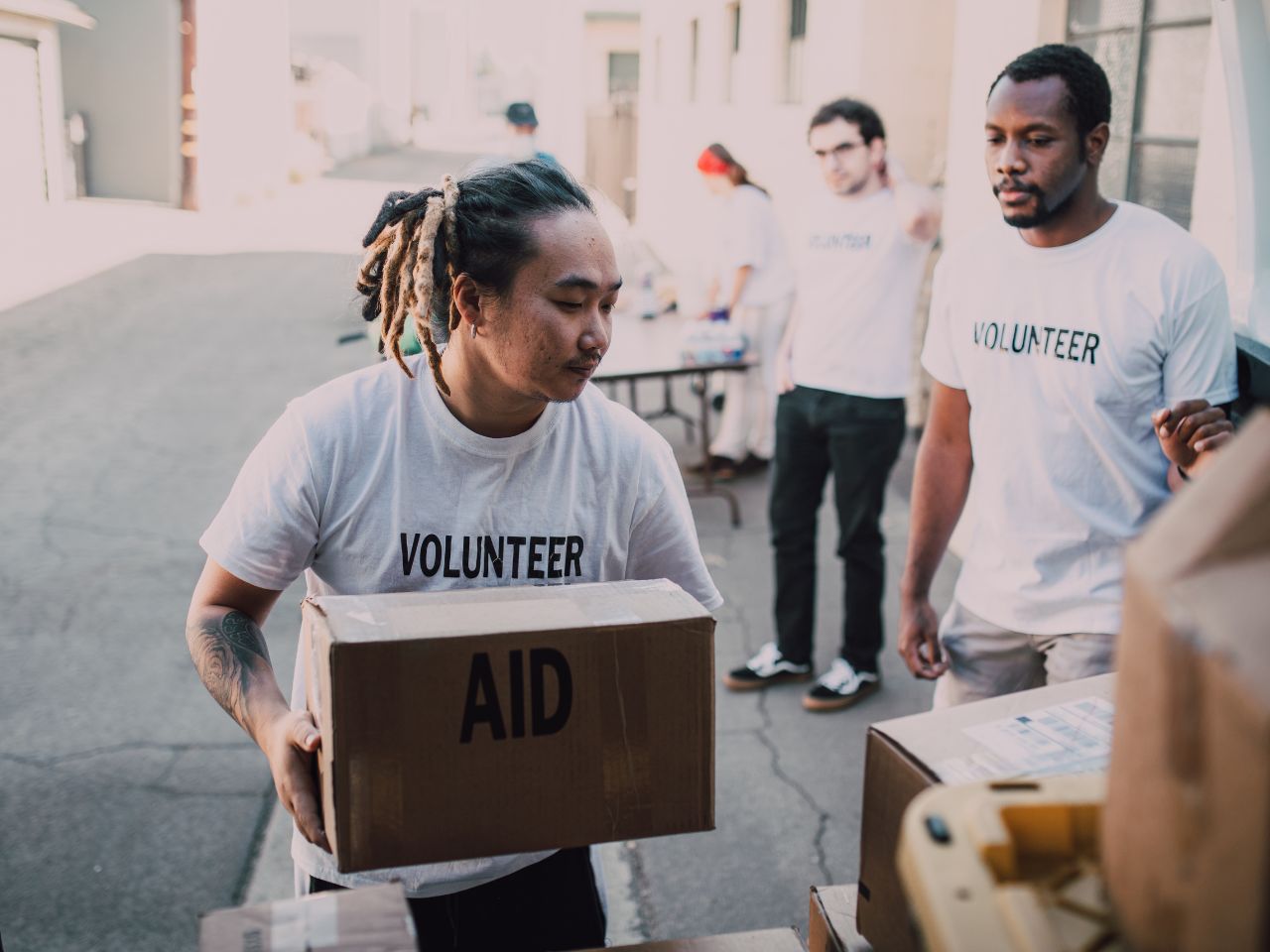
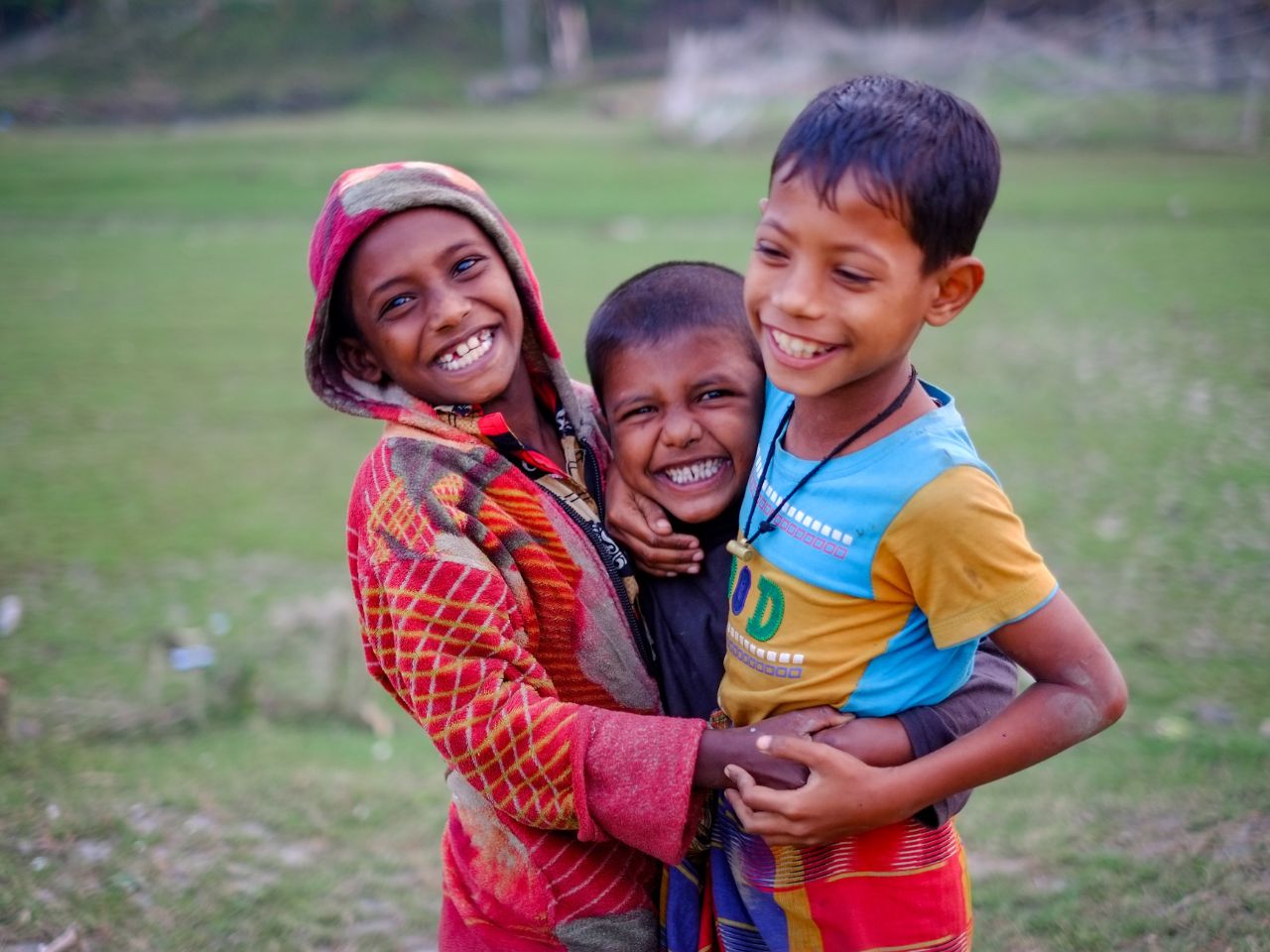
Tithing Partner Testimonial
“We would like to thank you for your continued support of Habitat for Humanity International, and because of your generosity, we were able to further our mission in bettering the lives of thousands of underprivileged communities of Bangladesh through Tithe Global Fund, International Disaster Fund, and the Orphan & Vulnerable Groups funds.” – James Samuel, National Director Habitat for Humanity International, Bangladesh
